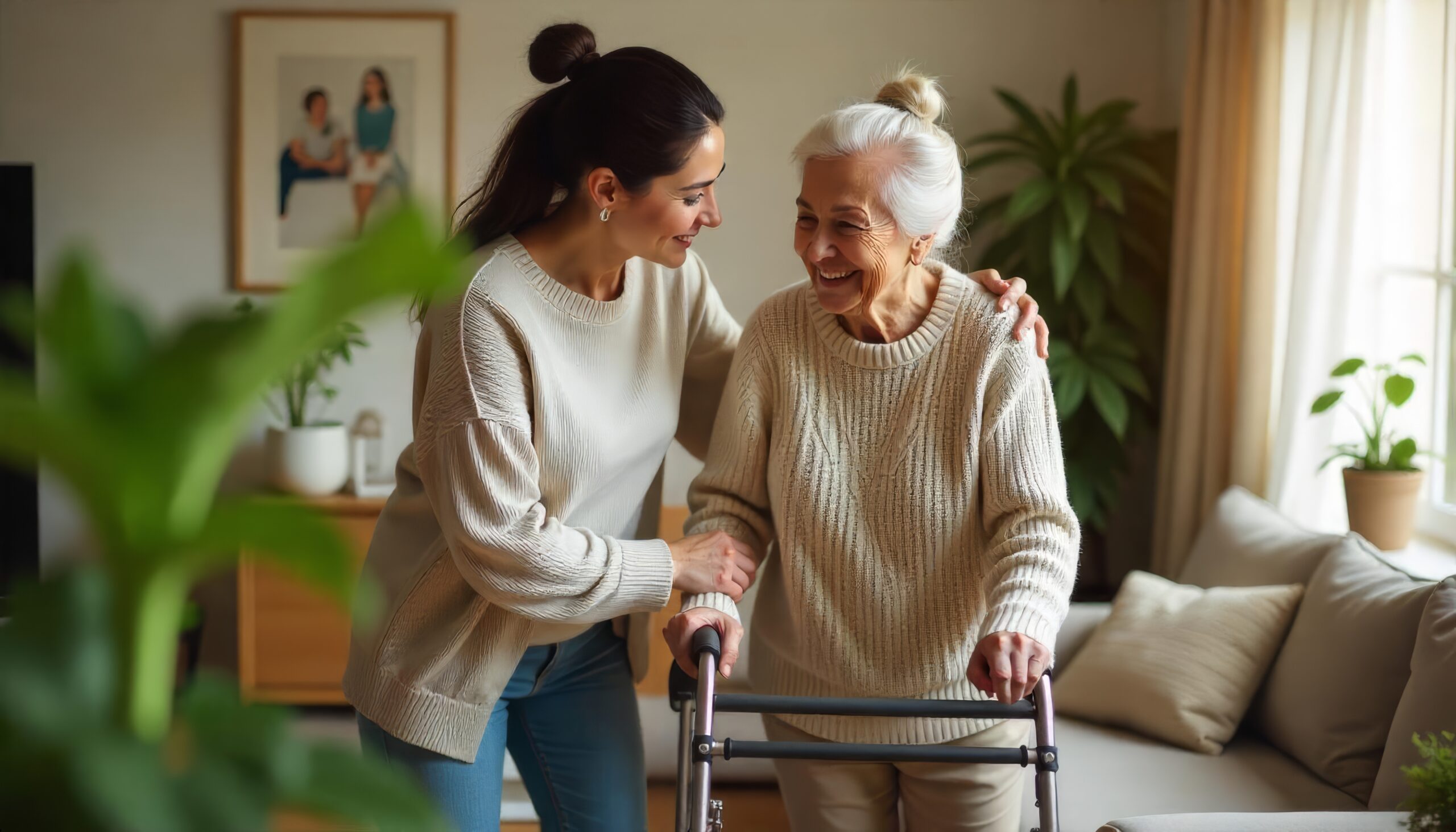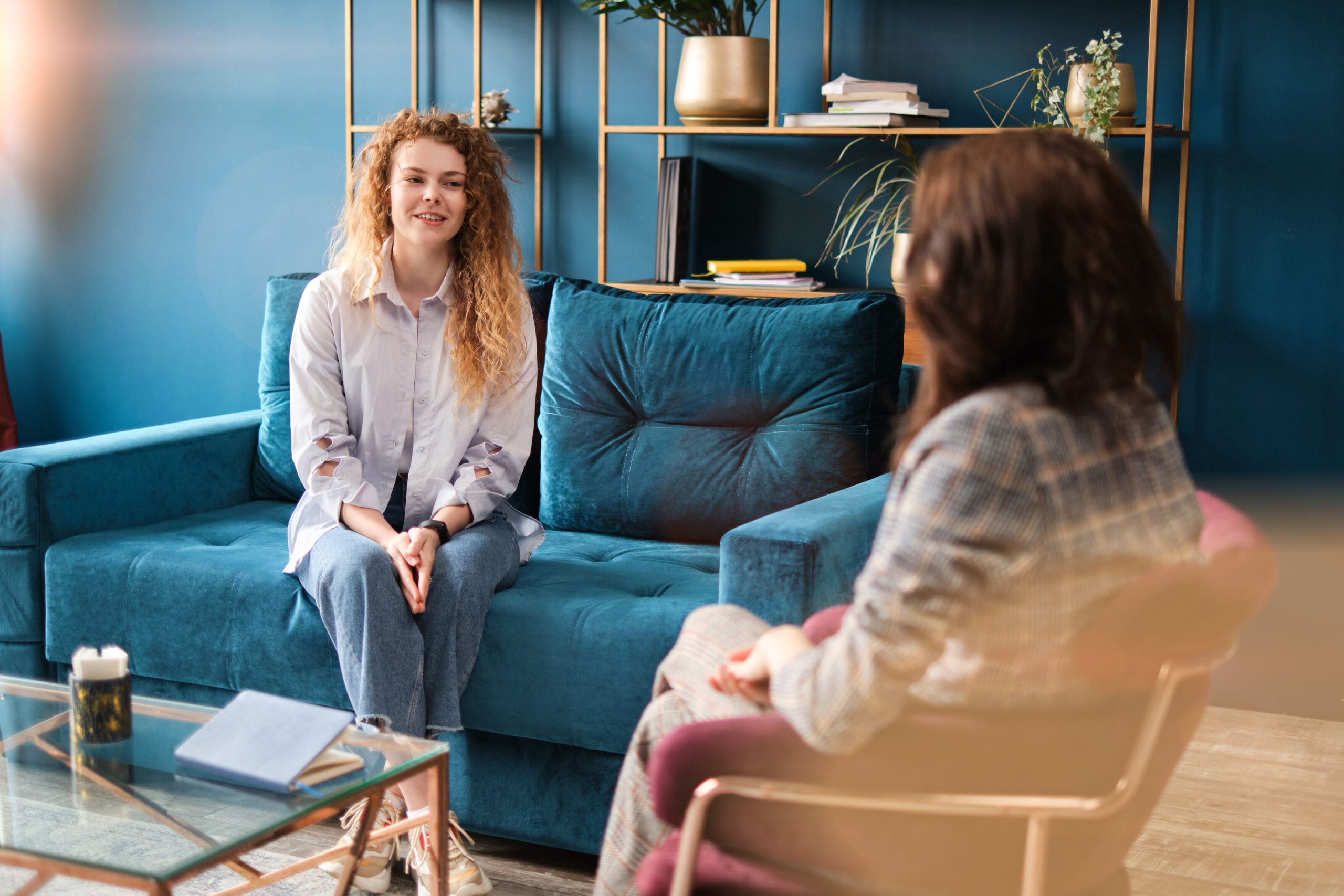
For most of my life, I took my body for granted. As a young woman, when I ate a piece of cheesecake, my metabolism devoured it with a fiery determination. When I exercised on January 1st, my overindulgence on New Year’s Eve was a distant memory. All of my senses were assumptions and my memories were set in stone.
Then, I reached my 50s and, slowly but surely, I became aware of just how disconnected from my body I had become. Every little ache and pain was a wake-up call. Every creak and crack told me that I needed to start treating my body with respect if I wanted it to be there for me in the future.
Of course, as we age, some changes are more obvious than others. We all know that our joints are getting a little creaky. Far fewer of us think about our senses – particularly our vision – until it is too late.
Part of the reason for this is that, unlike our muscles and bones, we don’t think of our eyes as being under our control. They are the stuff of poets, mysterious and magical. We also have a tendency to think that eye problems after 60 are “normal” and that there is nothing we can do about them.
In reality, we have more control over the health of our eyes than we believe. In honor of Cataract Awareness Month this June, I would like to encourage everyone to be proactive and get educated about eye health, break through the myths about eye health that prevent us from taking action, and learn more about the emotional impact cataracts can have on patients and their loved ones.








